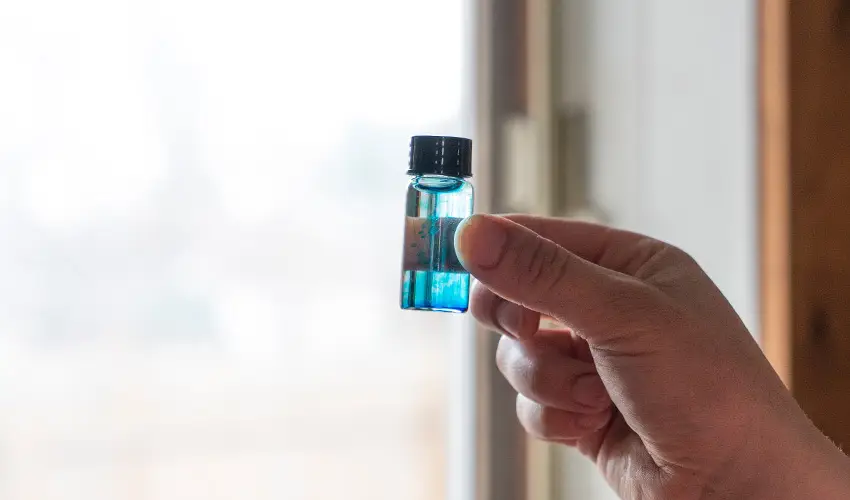
Clean drinking water is essential to human health. If you notice odors or discoloration in the water coming from your tap, then the water may be contaminated. However, there could be dangers lurking in your water supply that don’t give any warning signs.
That’s why it’s always worth the effort to investigate the quality of your home’s water, especially if you have a well.
If you discover something you don’t like, don’t fret—there are ways to improve your water quality and safety.
Need expert help with your water quality concerns? Your local Mr. Rooter® Plumbing is ready to help. Call us for assistance.Why Test Water Quality?
Water testing is the first step toward improving water quality; you have to know what’s wrong with your water before you can fix it. If you’re on municipal water supply, then your water utility is required to send you an annual water quality report called a Consumer Confidence Report.
This report will give you the most recent water testing results, including any contaminants, minerals, and metals contained in your city or town’s water supply. If you have a private well, managing your water quality is entirely up to you.
If you want to test the quality of the water in your home, have your water professionally tested (see below)—or you can do it yourself with a home testing kit.
Professional Water Testing
The Environmental Protection Agency (EPA) offers an easy-to-use database to find a certified water testing service near you. Choosing an EPA-certified testing service ensures that you will receive expert analysis and advice about your water quality.
How to Test Water Pollution at Home
There are plenty of home water testing kits available today. One of the most popular test types uses test strips. To use a test strip, fill a container with water, dip a test strip in, and wait a few minutes. You can then compare the color changes on the strip to a color chart included with the testing kit.
Another popular type of home water test requires the user to fill a vial with tap water, add a few drops of a testing solution, and then compare the water’s color to a chart.
Both types of testing kits can provide accurate measures of pH, hardness, chemicals, and chloride in their home’s water supply. For more robust testing that can detect metals, microorganisms, and nitrates in the water, contact an EPA-certified water testing service near you.
Get Professional Water Quality Help
Do you need professional advice about water filtration systems or water softeners? Mr. Rooter Plumbing is committed to providing friendly, reliable plumbing services. For expert help with your water quality concerns, contact Mr. Rooter Plumbing today by calling us. You can also request a job estimate online.

